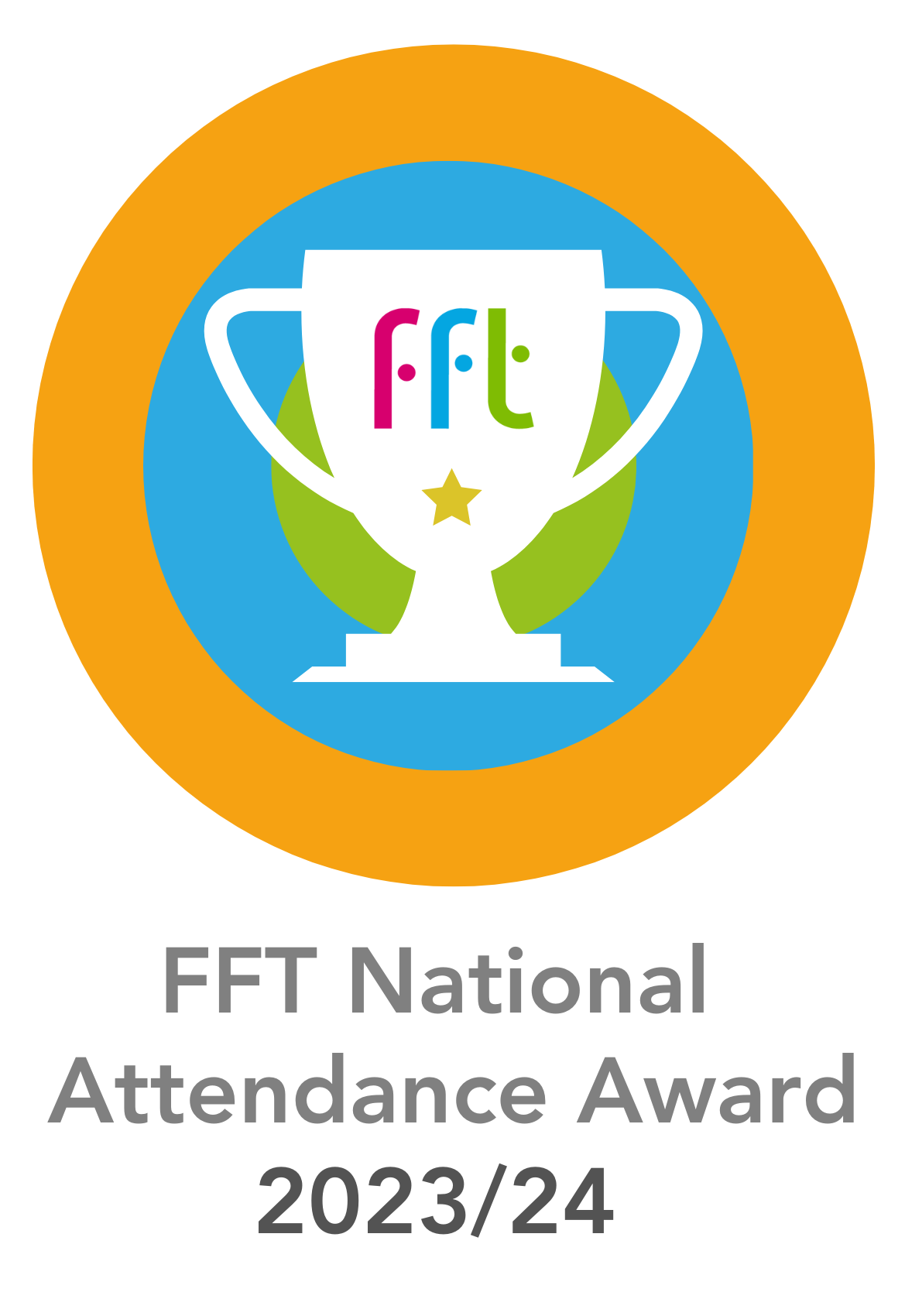Music
Key Stage 3
Intent:
Music education at Brayton Academy is fundamental to creating resilient learners who have a variety of analytical, practical and compositional skills. All three aspects of music making is incorporated into the curriculum in order to produce well rounded musicians with many transferable skills. Solo practical activities develop students into independent learners who are able to discover, develop and implement a number of motor-cognitive skills. Ensemble rehearsals and development cultivates student’s ability to work effectively in a team, to problem solve and perform as a member of a musical group. Composition activities allow students to be creative, through using external influences and specialist ICT software to support this process. Finally, academic analysis of musical genres and the context behind their creation gives an insight into how music influences past and present cultures.
The aims of the department are:
- To introduce students to all aspects of music making and promote a safe environment to perform, create and give opinion.
- To encourage and support students at every given opportunity and to become confident musicians whatever their starting level.
- To provide all students with the opportunity to challenge their ability.
- To provide an opportunity to become master an instrument of choice.
- To provide students with transferable skills that can be used in music or the wider world.
- To provide students with the opportunity to study music at GCSE and post 16 provision.
Year 7
In Year 7 all students study music for one period per week. The curriculum focuses on core practical skills required to be an accomplished and versatile musician. Students work to develop their musical ability as a soloist and as part of an ensemble. Students are taught how to efficiently perform on a variety of instruments. Regardless of whether students are proficient musicians or beginners, the Year 7 curriculum is designed to promote performance progression and an enjoyment of the subject.
Year 8
In Year 8 all students study music for one period per week. The Year 8 Scheme of Learning is designed to continue developing student’s confidence in performance skills, whilst developing their understanding and knowledge of different historical periods, musical genres and styles and traditions. The Year 8 curriculum is designed to provide students with broad understanding of musical history whilst continuing to engage students through performance and creative activities.
Year 9
In Year 9, students can opt to study music as a pre-option GCSE course. They will receive two lessons per week, usually in a block. Students will also be offered the chance to receive peripatetic music lessons with a professional visiting musician. The pre-option course focuses on developing and building the students’ enjoyment of Music, whilst teaching them a range of skills and techniques required to access the subject at a higher level. Students cover all three areas of music, (performance, composition and musical analysis) in conjunction with one another in order to develop a broad understanding of musical genres and terminology.
Performing Arts Carousel to study drama and drama techniques may take place at Brayton Academy discretion. Please see Drama intent for further details.
Key Stage 4
Intent:
GCSE Music education at Brayton Academy builds on the resilience, skills and knowledge built in key stage 3. The three components seen in key stage three (listening, compositing and performing) are now at the forefront of the students learning in order to create well rounded musicians who enjoy, understand and can create a variety of musical genres.
Students are supported and encouraged to explore their own creativity and musical preference through performance and composition and through peripatetic music lessons by visiting professional musicians. Students are encouraged to be independent learners who have an understanding and able to analyse of all musical genres, regardless of their musical preferences.
All three aspects of music making is incorporated into the curriculum in order to produce well rounded musicians with many transferable skills. Solo practical activities develop students into independent learners who are able to discover, develop and implement a number of motor-cognitive skills. Ensemble rehearsals and development cultivates student’s ability to work effectively in a team, to problem solve and perform as a member of a musical group. Composition activities allow students to be creative, through using external influences and specialist ICT software to support this process. Finally, academic analysis of musical genres and the context behind their creation gives an insight into how music influences past and present cultures.
The aims of the department are:
- To provide an opportunity to become master an instrument of choice.
- To support confident musicians who perform accurately with style and understanding, both as a soloist and as part of an ensemble
- To support creativity through composition and performance.
- To provide an education on a wide range of musical genres and an understanding of the cultural and historical background of the genres.
- To create resilient students who are able to draw on skills from other areas of the curriculum to support their progress ( e.g literacy skills).
- To provide students with transferable skills that can be used in music or the wider world.
- To provide students with the opportunity to study music at post 16 provisions.
The music department runs two different qualifications dependent on the needs of the Key Stage 4 that has opted for Music. These qualification include AQA GSCE Music and Eduquas Level 1 / 2 Vocational Award in Performing Arts.
The GCSE Music specification offers students’ the chance to study a wide range of musical genres, through musical analysis, composition and performance. The qualification is taught across six periods, usually with two double lessons and two single lessons. The course builds on the content and knowledge gained in years 7, 8 and 9, but with more complexity and challenge. GCSE music is assessed at the end of the year in three parts; two NEA composition submissions (30%), two performance examinations (one solo, one ensemble – 30%) and a written musical analysis examination (40%).
The Eduquas qualification is a split into three different units where a number of different disciplines can be assessed, including music, drama, dance and costume design. At Brayton Academy we very much concentrate on musical performance and composition for the first two units, but the third allows students to explore and combine different disciplines if they wish.
Unit 1: Performing, allows students to develop as a soloist and member of an ensemble. Students respond to a given assignment brief by researching, rehearsing, performing and analysing a submission which is internally marked before being submitted for external moderation.
Similarly, Unit 2: Creating sees students respond to a given brief. This will result in students’ composition a piece of music after researching the history and creative stimuli around the brief. Once again, this unit is internally assessed before being externally moderated by the exam board.
Unit 3: Performing Arts in Practice is an externally moderated unit. Students once again work to a brief and complete and present a project this responds to a real-life scenario where the learner responds to an industry commissions piece of work.
In Key Stage 4, all students are provided with the opportunity to receive peripatetic music lessons.
Please click below to view full Implementation



